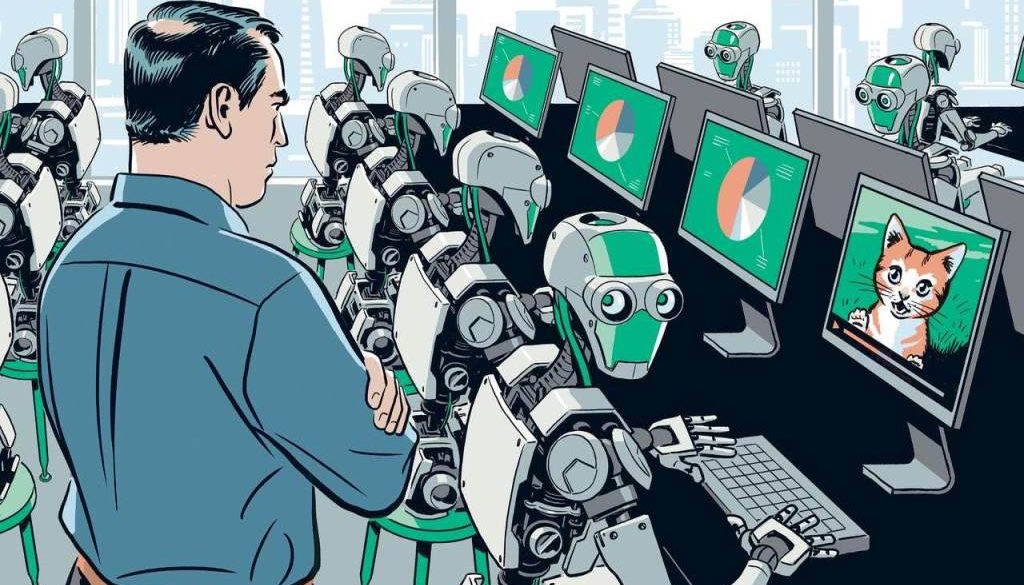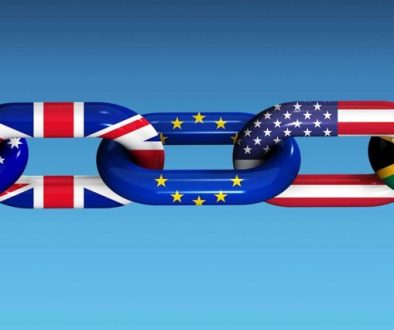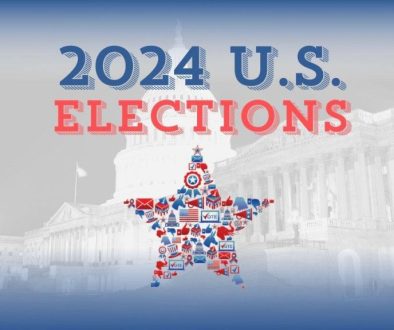Overview:
Structural disruptions, whether they arise from globalization or technological innovation, have significant implications for societies, economies, and the world as a whole. These disruptions can cause social upheaval and economic instability, leading to a range of negative outcomes, such as rising inequality, job loss, and political unrest. Therefore, it is essential to address the distributional consequences of structural disruptions through policies that mitigate their impact. In this article, we will explore the nature and consequences of social disruptions, examine the effects of globalization and artificial intelligence on social disruptions, and suggest policies and strategies that governments and financial institutions can use to avoid them.
What is Social Disruption, and its Consequences on Society, Economy, and the World?
Social disruption refers to the negative impacts that structural change can have on individuals, communities, and societies. Structural change can include technological innovation, globalization, changes in market conditions, and other factors that can cause significant shifts in economic and social structures. The consequences of social disruptions can be severe, with some of the most significant impacts being:
- Economic instability: Social disruptions can cause significant economic instability, with job losses, income inequality, and reduced economic growth being some of the consequences.
- Rising inequality: Social disruptions can exacerbate existing inequalities and create new ones. For example, the introduction of new technologies can lead to job losses and reduced wages for some workers, while others may benefit from increased productivity.
- Political unrest: Social disruptions can create political unrest, with citizens expressing dissatisfaction with their economic and social conditions.
- Social inequality: Social disruptions can also exacerbate social inequality, with some individuals and communities being left behind while others thrive.
Effects of Globalization on Social Disruptions:
Globalization, the process by which economies, cultures, and societies become more integrated, has had a significant impact on social disruptions. The effects of globalization on social disruptions include:
- Job losses: Globalization has led to the relocation of jobs from developed to developing countries, resulting in job losses in developed countries.
- Increased competition: Globalization has increased competition in many industries, which can lead to reduced wages and job losses for workers.
- Rising inequality: Globalization has led to increased inequality within and between countries, with some individuals and communities benefiting from increased trade and investment, while others are left behind.
- Political unrest: Globalization has also contributed to political unrest, with citizens expressing dissatisfaction with the economic and social conditions created by globalization.
Effects of Artificial Intelligence on Social Disruptions:
Artificial intelligence (AI), the development of computer systems that can perform tasks that typically require human intelligence, has also had a significant impact on social disruptions. The effects of AI on social disruptions include:
- Job losses: AI has the potential to automate many jobs, leading to job losses in industries such as manufacturing, transportation, and customer service.
- Increased competition: AI has also increased competition in many industries, leading to reduced wages and job losses for workers.
- Rising inequality: AI has the potential to increase inequality within and between countries, with some individuals and communities benefiting from increased productivity, while others are left behind.
- Political unrest: AI has also contributed to political unrest, with citizens expressing concerns about the economic and social conditions created by the automation of jobs.
What Policies and Strategies Should Governments Play to Avoid Social Disruptions?
To avoid social disruptions, governments can implement a range of policies and strategies, including:
- Investment in education and training: Governments can invest in education and training to ensure that workers have the skills needed to adapt to technological change and globalization.
- Social safety nets: Governments can establish social safety nets, such as unemployment insurance and income support, to help workers who have lost their jobs due to technological change or globalization.
- Regulation: Governments can regulate industries to ensure that they operate in a way that benefits workers and communities, rather than just maximizing profits for shareholders.
- Trade policies: Governments can establish fair trade policies that ensure that workers and communities in both developed and developing countries benefit from increased trade and investment.
- Support for entrepreneurship and innovation: Governments can provide support for entrepreneurship and innovation, which can create new job opportunities and drive economic growth.
- Collaboration between governments, businesses, and civil society: Collaboration between governments, businesses, and civil society can help ensure that the benefits of technological change and globalization are distributed fairly and that the negative impacts are mitigated.
What is the Role of Financial Institutions and Banks in Avoiding Social Disruptions?
Financial institutions and banks can also play an essential role in avoiding social disruptions. Some of the strategies that financial institutions and banks can use to mitigate the impact of social disruptions include:
- Investment in innovation: Financial institutions and banks can invest in innovative technologies and business models that create new job opportunities and drive economic growth.
- Support for small and medium-sized enterprises: Financial institutions and banks can provide support for small and medium-sized enterprises, which are often the most vulnerable to the negative impacts of technological change and globalization.
- Investment in education and training: Financial institutions and banks can invest in education and training to ensure that workers have the skills needed to adapt to technological change and globalization.
- Collaboration with governments, businesses, and civil society: Financial institutions and banks can collaborate with governments, businesses, and civil society to ensure that the benefits of technological change and globalization are distributed fairly.
The Status of Social Disruptions in the Middle East and How to Avoid It:
The Middle East is not immune to social disruptions, with the region facing many of the same challenges as other parts of the world. Some of the ways that the Middle East can avoid social disruptions include:
- Diversification of the economy: Many Middle Eastern countries rely heavily on oil exports, which can leave them vulnerable to economic instability. Diversifying the economy through investments in non-oil sectors can help reduce this vulnerability.
- Investment in education and training: Investing in education and training can help ensure that workers in the Middle East have the skills needed to adapt to technological change and globalization.
- Promotion of entrepreneurship and innovation: Promoting entrepreneurship and innovation can create new job opportunities and drive economic growth in the Middle East.
- Support for small and medium-sized enterprises: Providing support for small and medium-sized enterprises can help ensure that these businesses are not left behind by technological change and globalization.
Conclusion:
Structural disruptions, whether arising from globalization or technological innovation, can have significant negative impacts on societies, economies, and the world as a whole. Governments, financial institutions, and banks can play an essential role in mitigating the impact of social disruptions through policies and strategies that ensure that the benefits of technological change and globalization are distributed fairly. By investing in education and training, supporting small and medium-sized enterprises, promoting entrepreneurship and innovation, and collaborating between governments, businesses, and civil society, we can create a future that is more equitable, prosperous, and stable.



